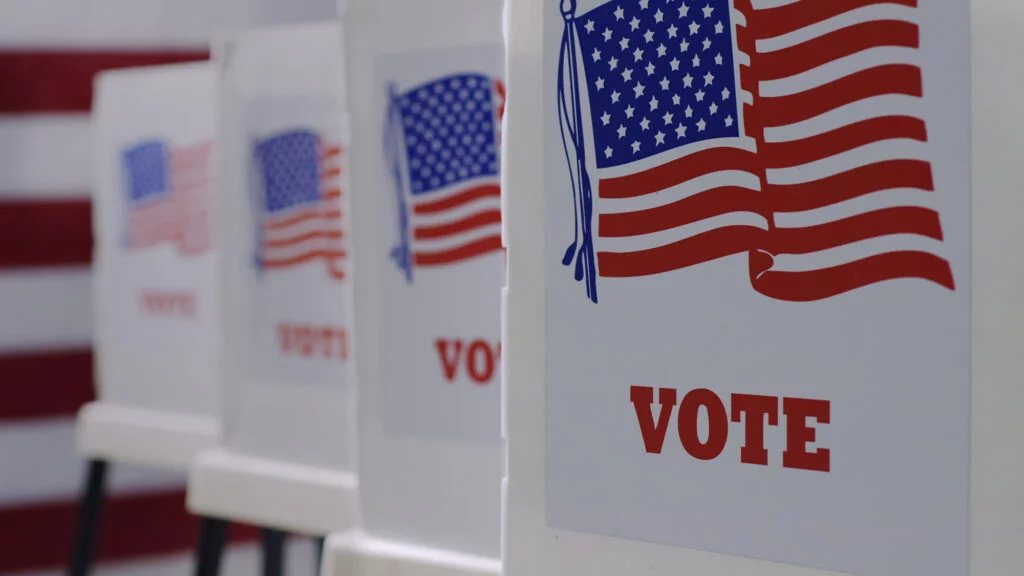AI poses a threat to US elections as a result of the widespread dissemination of false information and altered vocal notes.

With each passing day, the impact of AI on social media and the internet grows. However, the expansion brings with it a substantial concern regarding disinformation.
Following the proliferation of fabricated information, videos, and altered or morphed voice memos on the internet, artificial intelligence is on the verge of exerting a negative influence on the US elections.
FCC prohibits The Use of AI Robocalls
As per an AP report, the Federal Communications Commission prohibited using AI-generated voices in robocalls on Thursday. This action unequivocally declares that using technology to deceive individuals and manipulate results will no longer be sanctioned.
The universal agreement is grounded in the Telephone Consumer Protection Act as the legal foundation. Trash communications employing artificial and prerecorded voice messages are prohibited by the act. The newly implemented regulation specifically addresses robocalls that are generated using AI voice duplication methods.
According to the same report, the rule authorizes the FCC to impose penalties on companies that utilize AI voices during phone interactions. It also permits call recipients to initiate cases and provides state attorneys general with a new instrument to pursue violators, per the FCC.
The FCC Rule follows Prior Election Interference
The current FCC statement is issued concurrently with the New Hampshire authorities’ ongoing investigation. Before this investigation, the authorities had examined robocalls generated by artificial intelligence that utilized the voice of President Joe Biden.
The occurrence last month utilized Joe Biden’s voice as a deterrent to electors in the state’s inaugural primary. Jessica Rosenworcel, chairwoman of the FCC, has been quoted by the Associated Press as saying that various actors have been using AI-generated voices or messages in robocalls to “misinform voters, impersonate celebrities and extort family members”.
CNBC reports that AI is currently engaged in an active role in the 2024 presidential election. The incorporation of artificial intelligence (AI) into government organizations, candidates, and elected official campaigns is emphasized in the report.
Due to the public’s mistrust of politicians and the absence of legislation about artificial intelligence, experts predict that these technological advances will remain in the background even though they have the potential to alter an election.
The impact of AI on elections
Numerous organizations have repeatedly emphasized the consequences of artificial intelligence on electoral processes and political campaigns. A recent MIT Technology Review report demonstrates that governments worldwide are employing AI to “manipulate” public opinion through the production of texts, images, and videos.
Additionally, the human rights advocacy organization Freedom House recently published a paper in which researchers detailed the use of generative AI in 16 nations “to sow doubt, smear opponents, or influence public debate.”
Political actors persist in employing generative AI methods to disseminate false information as these technologies advance. Due to the prevalence of misinformation, users must exercise caution when ingesting digital content.
The Washington Post reports that techniques for creating images using artificial intelligence (AI) make it more challenging, but possible, to differentiate fakes. One may identify AI-generated photographs by looking for five telltale signs. This includes when hands, backgrounds, and inanimate objects—which frequently don’t seem quite right—are focused on.
